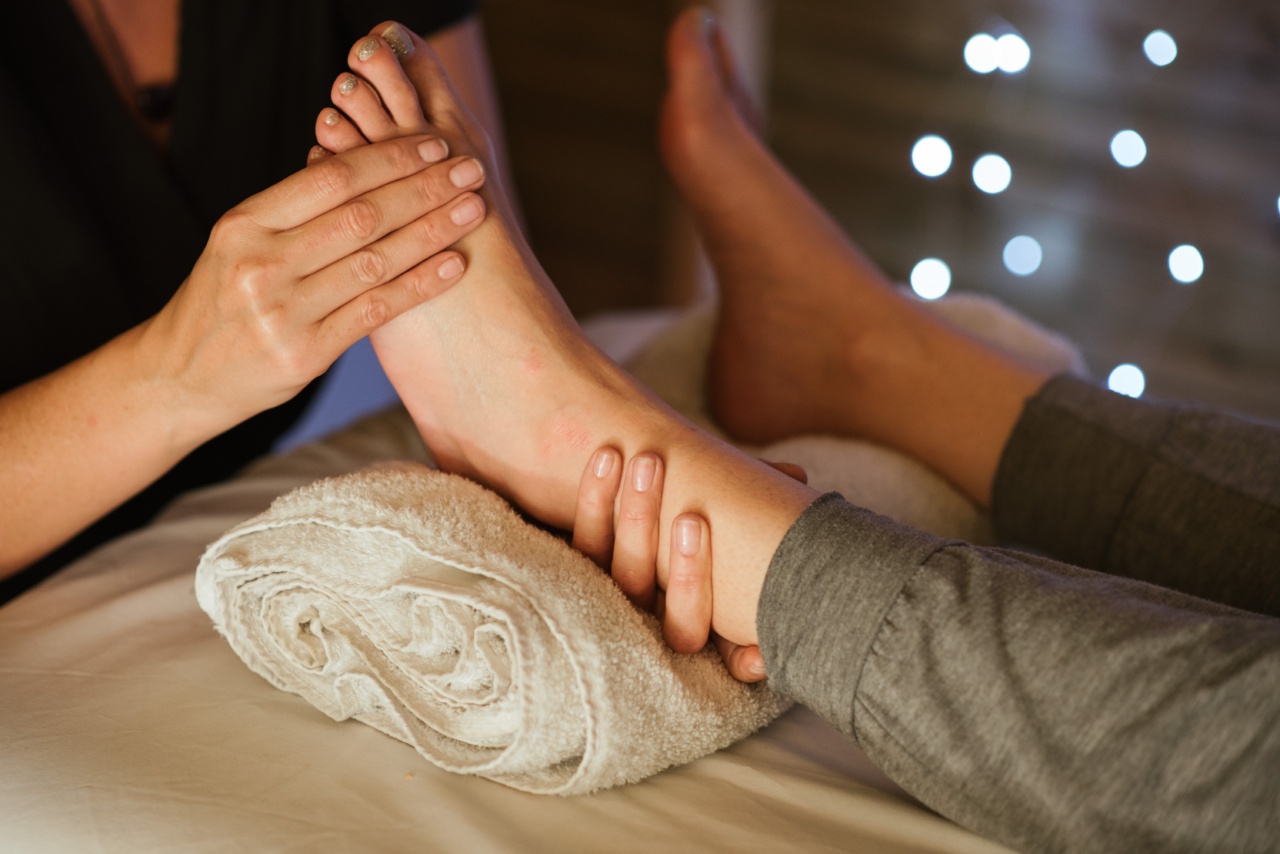Eczema, also known as atopic dermatitis, is a chronic inflammatory skin condition that affects millions of people worldwide.
The condition is characterized by itchy, red, and dry patches on the skin, which can be incredibly discomforting and may affect a person’s quality of life. While there is no cure for eczema, there are various treatment options available to manage the symptoms and provide relief. In this article, we will explore some DIY treatments that can help alleviate eczema symptoms and promote healthier skin.
Understanding Eczema
Before delving into the DIY treatment options, it’s important to have a basic understanding of eczema. Eczema is often caused by a combination of genetic and environmental factors.
It can affect individuals of all ages, but it is most commonly seen in children. The exact cause of eczema is unknown, but it is believed to be linked to an overactive immune response to certain irritants or allergens.
1. Moisturize Regularly
Moisturizing the skin is an essential step in managing eczema symptoms. Keeping the skin well-hydrated can help relieve dryness and itchiness. Opt for thick, fragrance-free moisturizers that are specifically formulated for sensitive or eczema-prone skin.
Apply the moisturizer several times a day, especially after showering or bathing.
2. Avoid Harsh Soaps and Detergents
Soap and detergents containing harsh chemicals and fragrances can exacerbate eczema symptoms. Opt for gentle, fragrance-free cleansers and laundry detergents that are labeled as suitable for sensitive skin.
These products are less likely to irritate the skin and can help prevent flare-ups.
3. Use Lukewarm Water
Hot water can dehydrate the skin and worsen eczema symptoms. When taking baths or showers, use lukewarm water instead of hot water. Avoid lengthy showers, as spending excessive time in water can strip the skin of its natural oils and further dry it out.
After bathing, gently pat the skin dry with a soft towel and immediately apply moisturizer to seal in the moisture.
4. Identify and Avoid Triggers
Eczema flare-ups are often triggered by certain allergens or irritants. It is essential to identify these triggers and take steps to avoid them. Common triggers include pet dander, pollen, dust mites, certain fabrics, and stress.
Keep a diary to track potential triggers and make necessary lifestyle changes to minimize exposure.
5. Use Oatmeal Baths
Oatmeal is known for its soothing properties and can help provide relief from eczema symptoms. To create an oatmeal bath, grind a cup of plain oatmeal into a fine powder and add it to warm bath water.
Soak in the bath for about 15-20 minutes and pat the skin dry afterwards. Oatmeal can help reduce inflammation and soothe itchiness.
6. Apply Cold Compress
When eczema flare-ups cause intense itching and discomfort, applying a cold compress can offer temporary relief. Take a clean washcloth and soak it in cold water or wrap an ice pack in a thin towel.
Gently press the cold compress onto the affected area for a few minutes. Cold temperatures can help numb the itch and reduce inflammation.
7. Wear Soft and Breathable Fabrics
The clothes we wear can have a significant impact on eczema symptoms. Avoid wearing rough, scratchy fabrics such as wool or synthetic materials. Opt for soft, natural fabrics like cotton that allow the skin to breathe.
Additionally, wash new clothes before wearing them to remove any potential irritants.
8. Use Natural Remedies
Several natural remedies have shown potential in relieving eczema symptoms. Some of these include coconut oil, aloe vera gel, chamomile tea compress, and evening primrose oil.
However, it’s important to note that each person may react differently to these remedies, and it is advisable to consult with a healthcare professional before using them.
9. Manage Stress Levels
Stress can trigger eczema flare-ups or worsen existing symptoms. It is crucial to find effective ways to manage stress levels. Engage in activities like yoga, meditation, or deep breathing exercises to promote relaxation.
Additionally, ensure you are getting sufficient sleep as lack of sleep can also contribute to increased stress levels.
10. Seek Professional Guidance
If DIY treatments fail to provide adequate relief, it is important to seek professional help. A dermatologist or allergist can help determine the underlying cause of your eczema and prescribe appropriate medication or recommend other treatments.
They can also provide personalized advice based on the severity and specific needs of your condition.






























